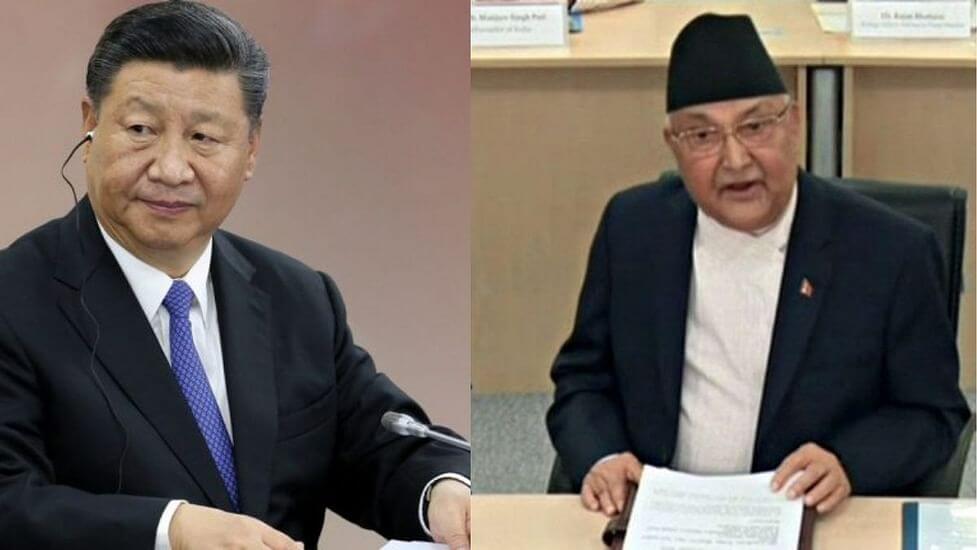KATHMANDU: Bejing’s ‘undeclared trade embargo’ in the name of COVID containment measures has hurt Nepal’s economy and traders giving rise to concerns regarding the Himalayan nation’s reliance upon China as a trade partner, as an alternative to India, a media report said.
In 2017-18, imports from China were valued at Rs 159.98 billion, up from Rs 129.87 billion in fiscal 2016-17. However, the increased quantum of trade has not helped Nepal as it suffers a huge deficit. Nepal’s trade deficit with China amounts to Rs 232.90 billion, which accounted for 14 per cent of Nepal’s total trade deficit in fiscal 2020-21.
China has restricted issuing visas to Nepali traders; as a result, they were forced to place orders virtually. Many traders have complained of being cheated on quality as they have to place orders virtually, Nepali news portal Pardafas reported.
Further, the freight costs have also risen. As a result, goods have become more expensive causing a significant rise in inflation. The United Nations Conference on Trade and Development (UNCTAD) has predicted that higher shipping costs will continue to make goods costlier over the next year as well, the report said.
Inconsistencies in imports from China have not only caused unprecedented monetary losses to Nepali traders, the Nepali citizens living in districts along the northern border, who depend on supplies from China, have also faced a shortage of daily essential products such as food items due to China’s restrictions.
China’s unreliability and underhand trade practices have also raised concerns in Nepal over Chinese investments in the country. The rapid rise in Chinese investments since 2008 has raised concerns that such investments in Nepal cannot be without strategic interests as China would never be able to extract economic returns on its investments in the country, at least in the near term, said the report.
In 2021, China’s share of total FDI in Nepal increased to more than 70 per cent with a commitment of USD 188 million (out of a total FDI of USD 268 million).
At the same time, the track record of Chinese investment in Nepali projects is not good as it is clear from a vast gap between commitment and realization of investment, slow growth in the implementation, cost overruns due to delays and poor feasibility studies and rehabilitation of the people who fear displacement, the report further said citing examples of hydropower projects and industrial park projects being undertaken by Chinese firms.
All these factors have led to increased scepticism against China aided projects in Nepal and Chinese investment together with Chinese trade. There are fears that if delays and cost overruns continue and the China-funded projects are not able to be viable for whatsoever reason, the country would risk falling into a debt trap. (ANI)






